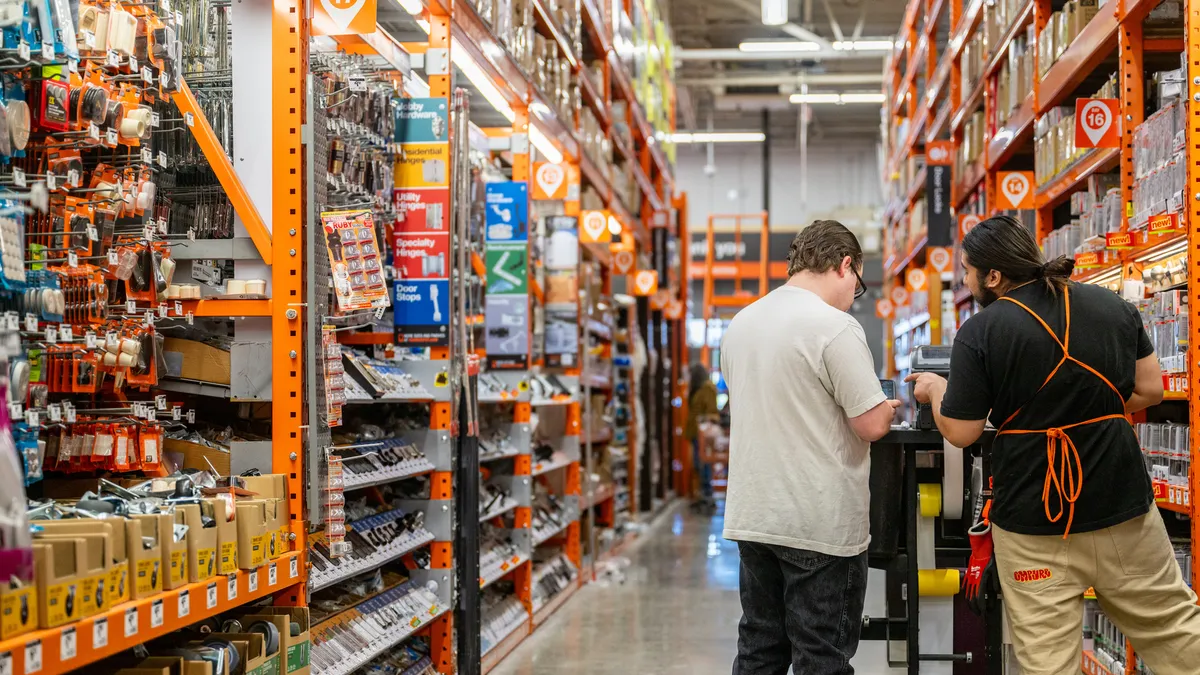Dive Brief:
- Amazon has launched AI Shopping Guides for its website and mobile app, the company said Wednesday. The tool creates curated landing pages that aim to deliver relevant products and information based on search queries.
- The guides include product attributes, use cases, recommendations and other details, according to Daniel Lloyd, VP of personalization at Amazon.
- AI Shopping Guides are initially available for 100 types of products, including face moisturizers, dog food and headphones. They are accessible on the mobile app through the “Keep Shopping For” feature, which lets shoppers resume prior searches. Amazon is in the process of rolling out access to the guides through search autocomplete as well.
Dive Insight:
Amazon’s AI Shopping Guides are the latest in a series of AI-powered investments aimed at making search experiences faster and more informative for consumers.
“Shopping for products you’re unfamiliar with can take time,” Lloyd said in a prepared statement. “Many of us have spent hours researching features and options that exist for any one particular type of product.”
A shopper looking for a new television may look for information about the latest technology, important features, top brands and customer reviews, according to Lloyd. AI Shopping Guides work to consolidate that information while suggesting products that fit a customer’s needs.
Amazon created the guides to complement its search experience, an Amazon spokesperson told CX Dive. The guides are designed to put all the information that can be found by search in one place to save time and effort, but customers who prefer the standard search experience still have that option.
Amazon plans to introduce AI Shopping Guides for more product types in the coming weeks and months.
Customers can also use Rufus, the generative AI shopping tool Amazon rolled out in July, to answer questions or seek additional information the guides don’t cover. Rufus helps shoppers view previous orders, ask about product updates and compare items.
Amazon isn’t the only retailer designing browsing experiences that look beyond traditional search functions.
Walmart developed a proprietary series of LLMs trained on internal data that will be used to power automated customer assistants, the retailer announced Wednesday. The retailer will also introduce personalized homepages by the end of 2025.
“A standard search bar is no longer the fastest path to purchase, rather we must use technology to adapt to customers’ individual preferences and needs,” Suresh Kumar, EVP, global chief technology officer and chief development officer at Walmart, said in a prepared statement Wednesday.













